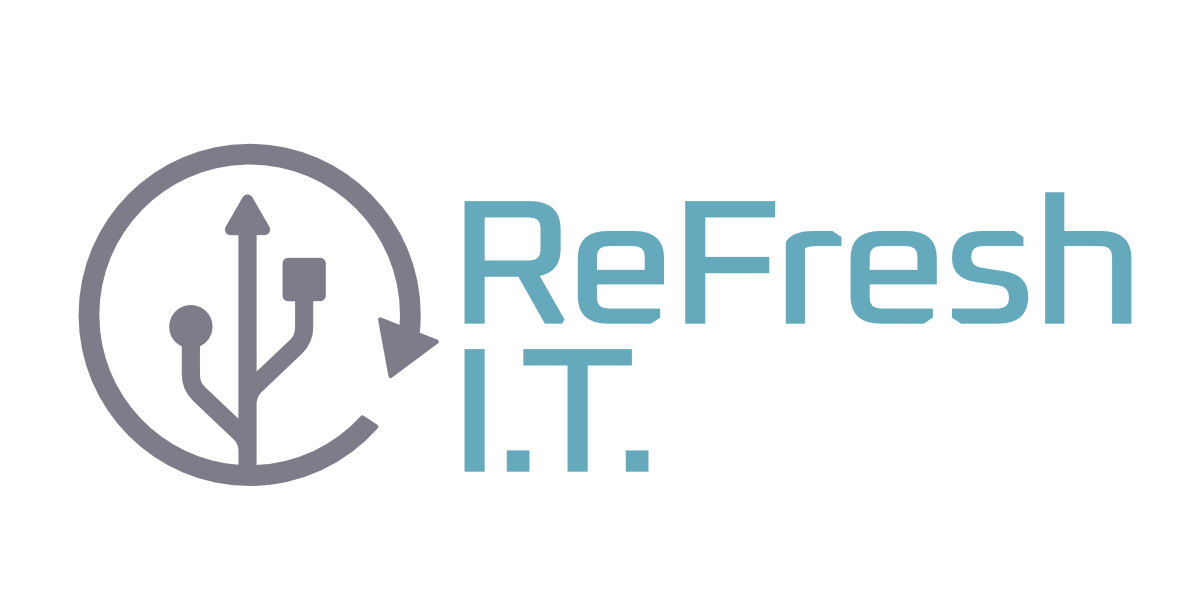Facebook recently made headlines for their misuse of user data, and it took the business world by storm. No one wants to have the next data crisis land on their desk. So if you are a business owner, it is crucial that you understand the use of personal data online:
Browsing History and Habits
When users browse the web, their browser stores information on them called cookies. These cookies are deposited by the sites they visit and can be used to track their behavior such as visiting a site, clicking on an element, or even typing in a search. To avoid liability, it is common practice to insert a pop-up message on your site today to alert visitors that you are using cookies.
Storing Unique User Data
Depending on which data analytics platform you use, you can store unique information about your customers. For instance, Facebook allows you to perform data searches on your users regarding their email addresses and other unique information. Google, however, does not. If you are found to be collecting this information for your analytics, you might not face legal trouble, but you could end up getting kicked off of this valuable platform. Even so, cybercrime related to tracking and storing customer information online has become increasingly common. Nowadays, businesses that use electronic record keeping often require cyber liability insurance to protect them in the event of malicious hacking.
Regional Laws
In Europe, they have passed numerous measures in the government to prevent companies from collecting certain types of data. In addition, in instances where it is allowable, the company must provide a disclaimer. This is to give consumers a chance to opt out of using that company. Beware of this if you decide to conduct business in the EU instead of the U.S. or elsewhere, or be prepared for fines and backlash.
Sharing Data with Third Parties
Many marketers collect data, only to turn around and share it with their partners. From small firms to large companies, many people do this already. However, many policies are going into effect on ad platforms that state you must share this with visitors. Add a disclaimer to sign up boxes or subscriptions to inform your users that you may use their data for further marketing purposes or reselling to avoid bans.
Collecting data on your users is something that online marketers have recommended for decades. And for the large part of the internet’s history, it has been relatively easy and straightforward without much legal backlash. However, today people are much more sensitive about their data. Understand what kind of data you collect and what legal issues you may need to deal with if done improperly. For more computer and IT knowledge and tips for your business, check out our blog!
Sources:
Variety | Facebook Under Fire: How Privacy Crisis Could Change Big Data Forever
The Law Offices of Casey D. Shomo | Verizon Hit with Supercookie Lawsuit Totaling $1.4 Million
eMarketer | Few People Are Comfortable Sharing Data Through Third Parties
Murfreesboro Insurance Solutions | Cyber Liability Insurance


